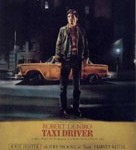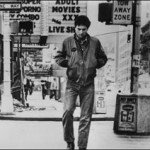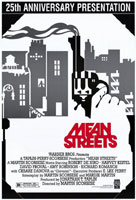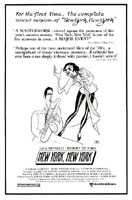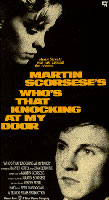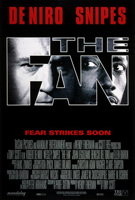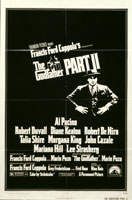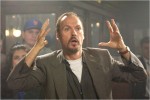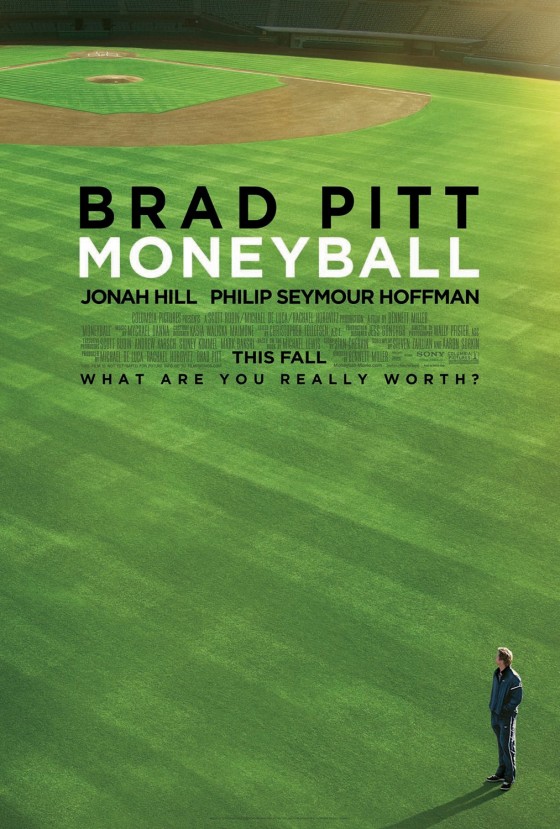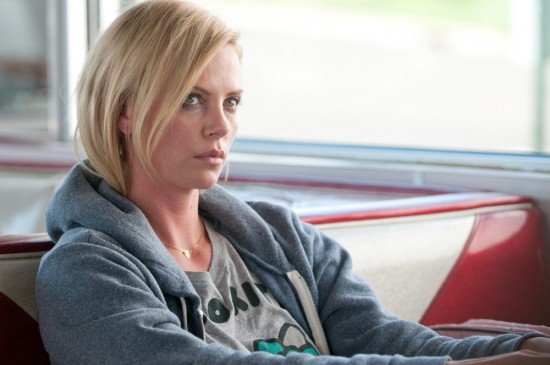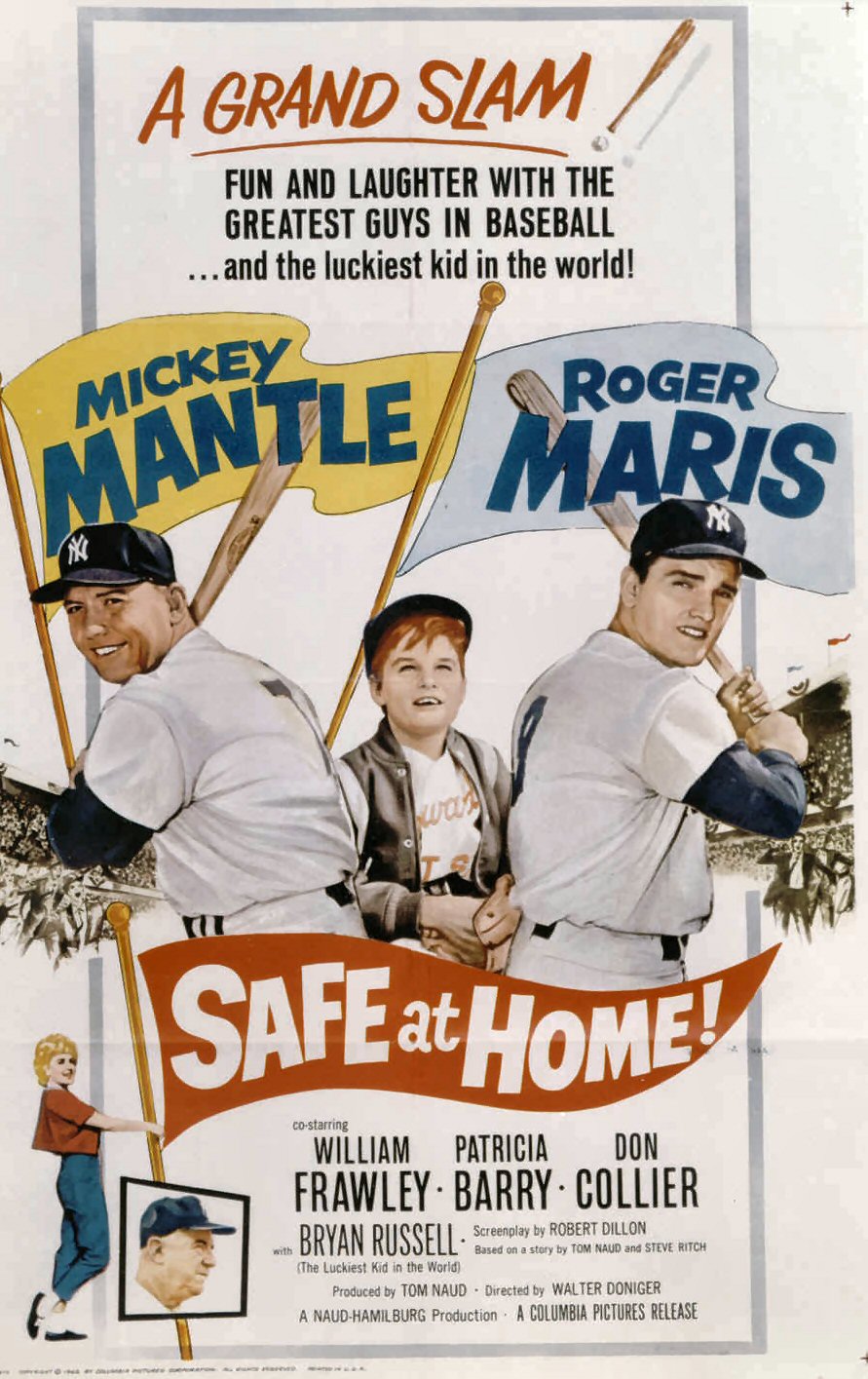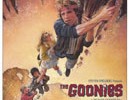No matter what wars are going on, what the neighbors are screaming about next store, how many kids Sally Struthers pleads on behalf of, at the end of the day the media (movies, TV, books, etc.) more often than not present us with a candy-coated view of the world where in the end everything turns out right. John Boy gets his goodnights in, the Tanners of Full House get their hugs and the boy and the girl live happily ever after. Happy endings are a good way to feel good, but the sheer percentage of happy endings as opposed to the blur of reality is far too great. Perhaps that’s why Martin Scorsese’s Taxi Driver is so frightening. It’s got a happy ending of sorts, but the root of the happiness is deeply frightening.
Made at a time when the world was skeptical and the powers that be were deemed untrustworthy, Taxi Driver resonates today as much as it did upon its initial release. The film focuses on a loner New York cabbie named Travis Bickle (Robert De Niro in one of his career-defining roles). Travis struggles to make any real friends, even failing to really get along with his coworkers over mid-shift coffee.
Through Travis’ eyes, Scorsese shows New York as an urban hell filled with drugs, pimps, weapons and politicians. This is established in the opening credits in a famous shot in which Travis’ taxi emerges from a plume of steam that symbolizes the underworld of below.
Travis is a Vietnam veteran who is unsure as to where to go with his life. All around him is human vermin and scum, surely not what he went to fight for. He is also alone in the world. He’s shown with acquaintances, but there’s never any sense of friendship until the end of the film, and even that “friendship” could be viewed as more familial than one of kinship.
Looking at the world through a lens of trouble and disappointment, Travis is blind to love. When he lands a date with Betsy (Cybill Shepherd), a campaign organizer for a presidential hopeful, he takes her to a porno film their first time out. Amid the predictable fallout, Travis genuinely sees nothing wrong with his choice in date movies thinking that sex equaled love and vice versa. He has no concept on how to maintain a relationship. This, in part, allows Travis to become the violent anti-hero that he goes on to become later in the film. Because of his disconnect he isn’t ‘normal’ and therefore Travis can go and commit murder and be admired for doing so. If he were your average guy in a suit, murder would not be so easy, even if it were to an abusive pimp who farms out young teenagers.
Travis’ motives are always pure. He simply wants a world filled with good. And just like he was willing to go to war earlier in his life on foreign soil, Travis is willing to fight on the streets of his homeland against enemies that aren’t so easily identified. Travis is a soldier fighting the good fight.
Taxi Driver is a grimy film that perfectly reflects its grimy subject matter. Paul Shrader’s script combined with Scorsese’s direction and topped off by De Niro’s performance makes Travis Bickle one of film’s most complex characters. When you talk about super heroes, he truly is one minus the tights and powers. This is a violent film that should be nothing less. Travis’ world is an ugly place so what we see shouldn’t be anything but.
When Scorsese made Taxi Driver, he was still avoiding the glitz and glamor of a big-budget Hollywood production. Even if he was now in the spotlight, Taxi Driver maintains a gritty feel that was necessary for it to have any impact.
The fact that this film is as applicable today as it was three decades ago is a sad testament that it is impossible for one man to make all the difference in the world. Although I don’t think Scorsese meant for Taxi Driver to be a call to arms for would-be vigilantes around the world, it should be seen as an eye-opener – something that makes you more aware and educates about the sad reality of some people’s lives.
Taxi Driver Gallery
Taxi Driver Trailer
